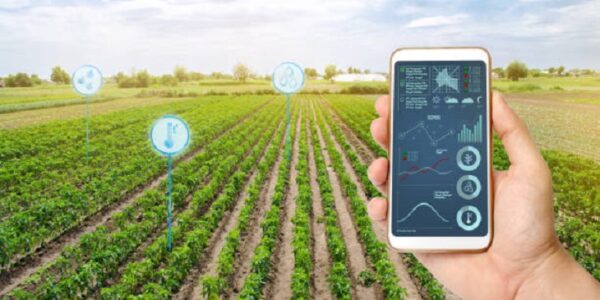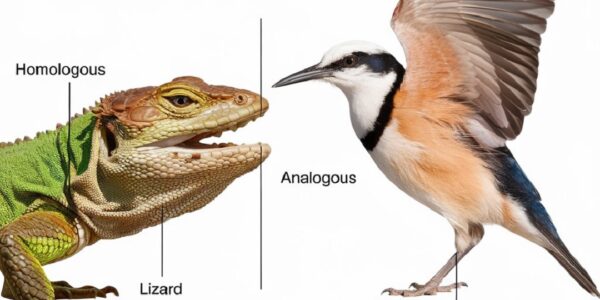MIT Mastered Ultrasoud Control with Metamaterials
Researchers at the Massachusetts Institute of Technology (MIT) have made a significant breakthrough by using cutting-edge metamaterials to unlock the possibility of controlling ultrasonic waves with previously unheard-of precision. This discovery has important ramifications for a number of domains,…
Difference between Attitude and Aptitude
The difference between attitude and aptitude lies in that attitude refers to a person’s temperament in certain situations and aptitude is the talent , ability or skill that one has for something. These two concepts are often confused due to their similarity in writing…
“New Wearable Relieves Long COVID Pain and Fatigue”
The relationship between innovation and health is more important than ever in a world where technology is always changing how we live our lives. With millions of people still dealing with the aftereffects of Long COVID, there is hope…
Exploring PlayMyWorld.com: A Complete Guide to Interactive Play and Learning
Welcome to the vibrant world of PlayMyWorld.com, where interactive play and learning come together in an engaging way. In today’s digital age, finding effective tools that nurture creativity and curiosity is essential for child development. PlayMyWorld.com offers a unique platform…
Blackboard Tulsa Tech
With the advancement of technology in learning as well as, teaching tools in learning institutions, Blackboards are extremely important to the learning institutions. For a new student eager to find their way through courses, Blackboard can be a very helpful…
The Future of Food: Why Agroecology Could Be the Key
The global food supply is facing unprecedented challenges. The climate crisis, biodiversity loss and soil pollution are putting at risk the agricultural systems that supply millions of people. In this context, agroecology emerges as a possible solution, raising a key…
Technology and Society: A Relationship in Constant Evolution
Technology and Society refers to the intricate relationship between technological advancements and their effects on social structures, cultural practices, and human interactions. Here are some key points to consider: The relationship between technology and society is dynamic and complex. As…
What is Technology? A journey through its evolution and impact
Technology is a constant in everyday life in modern society, so omnipresent that we often overlook its presence and the impact it has on our lives. From the smartphone that wakes us up in the morning to the satellites orbiting…
Metals and non-metals
Chemical elements are classified as metals and non-metals. Metals are substances that conduct electricity, can form sheets or wires and have a shine. Non-metals are all those substances that do not conduct electricity, are fragile when handled or are gases….
Difference between Homologous and analogous organs
Homologous and analogous organs Homologous organs are those that have a similar structure but function differently, analogous organs are those that perform similar functions despite having a different evolutionary origin. Through comparative anatomy, homologous and analogous organs can be found and differentiated in different…








